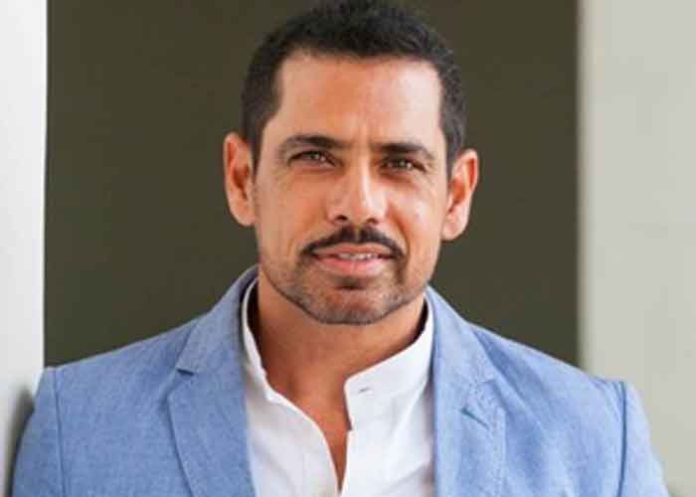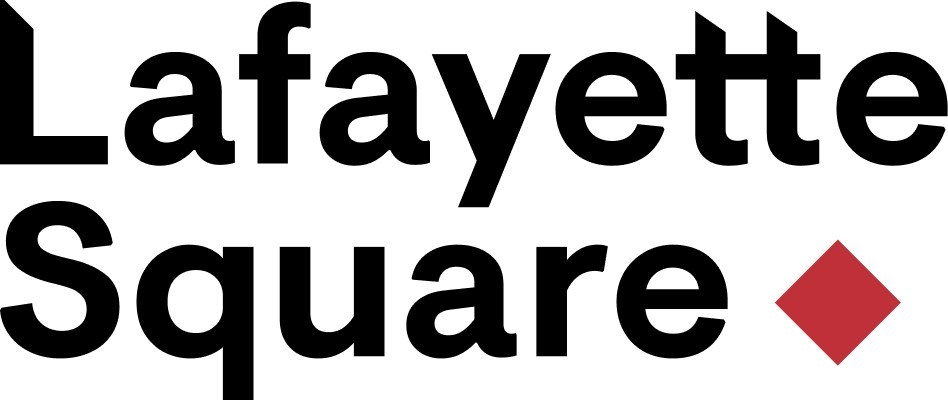For years, South Africans have grumbled about the steep costs of forex transactions, which average 2-3% of every transfer – unless you’re a VIP client with negotiating power. That 2-3% toll on every rand crossing the border has turned banks into gatekeepers of wealth, pocketing upwards of R15 billion annually with almost no risk. This has been the status quo for far too long – until Future Forex entered the market.
“South Africans are tired of losing thousands of rands each year to slow, overpriced forex,” says Harry Scherzer, qualified actuary and CEO of Future Forex. “We saw this as a market ripe for disruption.” That disruption comes in the form of forex fees that are 30-50% cheaper than the banks, pairing low costs with a personal touch that the big players promise but rarely deliver.

So why are bank fees so sky-high? “Most people don’t question the high costs of forex because this is the way it has always been. These costs are deliberately opaque. Part of what we do is educate our clients on how these costs are slipped under their noses.
“Banks bury most of the cost in the , which is the difference between the buy price and sell price of a currency. The wider this is, the more you’re paying, and most people don’t even notice.” Not only are these margins hidden, but they’re also charged inconsistently, making it hard for consumers to know exactly what they’re paying.
Banks will quote you a mid-market rate that camouflages the actual cost, so it’s important to look at the spread, says Scherzer. And that’s not counting the more visible extras like SWIFT fees (R500-R1 000) or the “commission” and “communication fees” that some banks tend to add on top. “We lift the curtain on how banks sneak these costs in – it’s a clever tactic, but it’s unfair to the consumers who have to bear the burden,” Scherzer says.
Future Forex saves as much as 50% for individuals, and up to 30% for businesses – depending on the transaction size. For investors, these savings compound into substantial returns over time, while SMEs involved in international trade see a direct boost to their bottom line. A 30% saving for a R500 000 import consignment puts thousands of rands back into the business and can radically change the profit profile of the company.
“Forex in SA has been a rip-off too long. We’re here to break that cycle,” Scherzer says. The banks’ forex grip inflates costs for everything – offshore investments, property purchases, tax emigration, estate settlements, and import/export payments.
Bank customers know the drill, and it’s tiresome: chasing up on a transfer through a call centre or trying to get sense out of an impersonal chatbot. This is why Future Forex blends user-friendly tech with real human assistance. “Our platform is intuitive, efficient and extremely user-friendly, but it’s the personal touch from our account managers that makes all the difference,” Scherzer says.
Every client gets a dedicated expert to tackle compliance, track payments, and navigate the usual forex hassles. “The Future Forex web and mobile app (available on Apple and Google Play), allows you to manage your international money transfers effortlessly from start to finish – but if preferred, your account manager is always available to handle the process for you.” Forex isn’t just costly, it’s a bureaucratic maze due to South Africa’s complex exchange controls.
However, Future Forex handles South African Revenue Service (Sars) and South African Reserve Bank (Sarb) compliance at no extra charge. This includes sorting out Sarb approvals, Advanced Payment Notification (APN) numbers, and Approval for International Transfers (AIT) applications for individuals sending more than R1 million abroad. “We’ve designed our service to remove the burden of red tape, ensuring our clients can move their money quickly and with full peace of mind,” says Scherzer.
Future Forex can be contacted via or by phone at 021 518 0558. For more information go to or ..
Business

If you’re doing forex, don’t let the banks make a fortune off you

They are raking in more than R15bn a year in forex fees. It’s time for a change.














